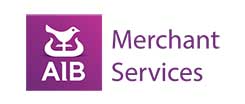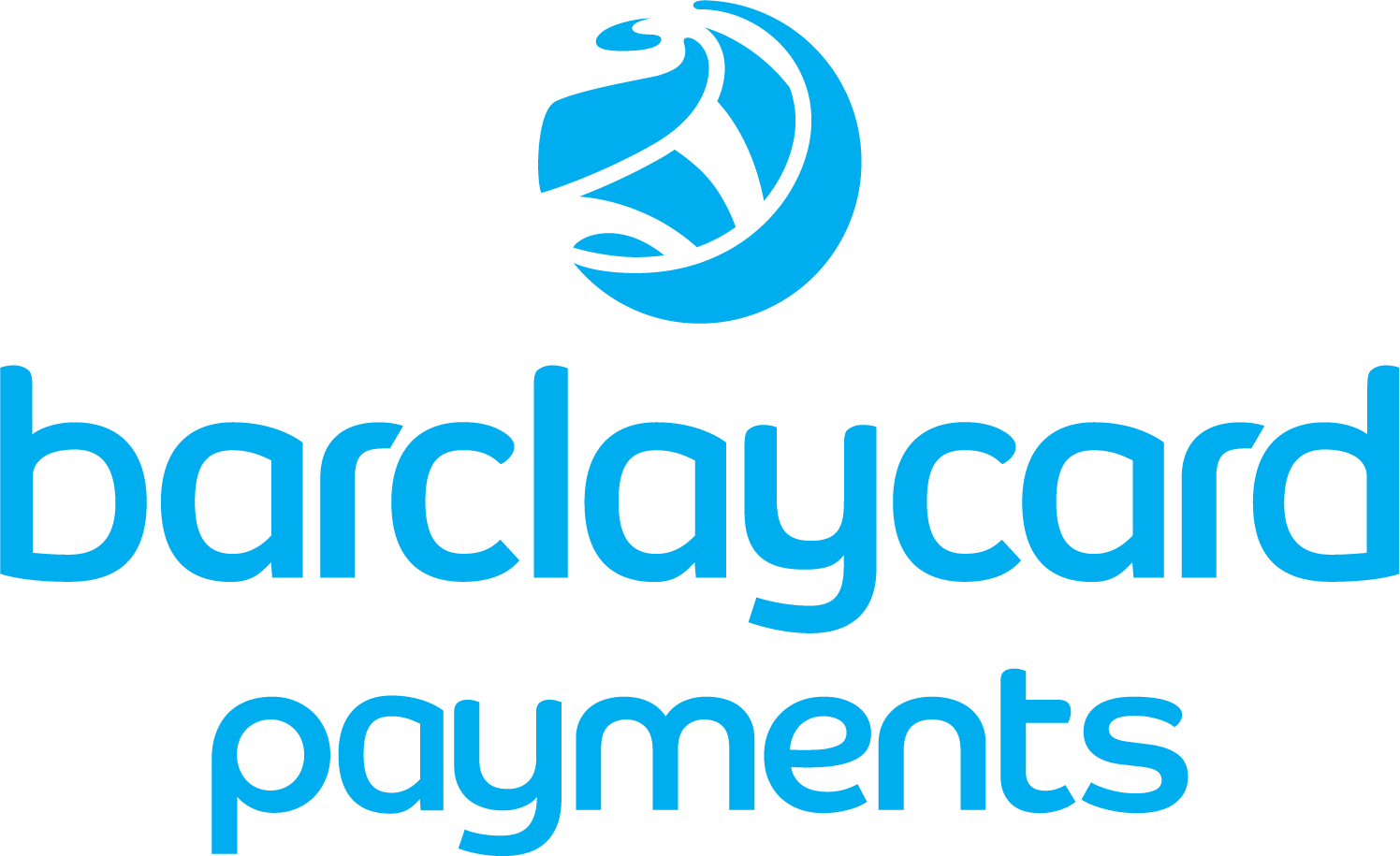Compare Card Payment providers the Easy way
- Direct access to the best rates from the UK leading providers
- One enquiry – all the information you need
- Avoid Lead Generation websites
- We don’t sell your data to anyone
- Rates from 0.26%
- Minimise your card payment processing fees





We're rated Excellent on
Top Payment Processing Solutions for Small Businesses in 2025
In today’s fast-paced digital economy, payment processing is a critical component for any small business to accept payments securely and efficiently. Whether you run an eCommerce store, a brick-and-mortar shop, or a hybrid business, choosing the right payment processor can significantly impact your cash flow, customer satisfaction, and overall efficiency.
With the payment processing industry evolving rapidly, businesses now have access to a variety of payment processing solutions—from online payment processing to in-person payment processing via point of sale (POS) systems. This guide explores the best payment processing companies in 2025, helping UK small businesses select the ideal payment processing service for their needs.
Understanding Payment Processing
Before diving into the top providers, it’s essential to understand how payment processing works.
How Does Payment Processing Work?
- Customer Initiates Payment – A customer initiates a purchase using a credit or debit card, digital wallets, or other payment methods.
- Payment Authorisation – The payment gateway securely transmits payment details to the acquiring bank (merchant’s bank).
- Bank Verification – The acquiring bank requests approval from the issuing bank (customer’s bank) to check for sufficient funds in the customer’s account.
- Transaction Settlement – Once approved, funds are transferred to the business’s account, minus transaction fees.
This entire payment process happens in seconds, ensuring smooth financial transactions for both businesses and customers.
Payment Gateways and Security
Payment gateways are the backbone of secure financial transactions in the digital age. Acting as a bridge between the customer’s browser and the payment processor, a payment gateway ensures that credit card transactions and other payment methods are processed securely and efficiently.
One of the primary functions of a payment gateway is to safeguard sensitive payment information. Advanced security measures, such as encryption and tokenization, are employed to protect data from cyber threats. Encryption converts payment details into a secure code, while tokenization replaces sensitive information with unique identifiers, making it useless to hackers.
Beyond these measures, payment gateways also incorporate robust fraud detection and prevention tools. These features are crucial for minimizing the risk of fraudulent transactions, thereby protecting both businesses and customers.
When selecting a payment gateway, businesses should prioritize security, reliability, and compatibility with their existing payment processing system. A secure payment gateway is essential for protecting customer data and preventing cyber attacks. Compliance with industry standards, such as the Payment Card Industry Data Security Standard (PCI-DSS), is non-negotiable for ensuring the security of payment transactions.
Regular reviews and updates of the payment gateway are necessary to maintain security and compliance. By staying vigilant and proactive, businesses can ensure their payment processing system remains secure and resilient against evolving cyber threats.
Understanding Payment Processing Fees
Payment processing fees are the charges levied by payment processors for handling financial transactions. These fees can vary widely depending on the payment method, transaction volume, and the nature of the business.
Typically, payment processing fees include a percentage-based fee, a fixed fee per transaction, and additional charges such as monthly fees and setup fees. For instance, a payment processor might charge 2.9% + 30p per online transaction, which can add up significantly over time.
Businesses should carefully review their payment processing fees to ensure they are competitive and aligned with their financial goals. Different pricing models, such as tiered pricing, flat-rate pricing, and interchange-plus pricing, offer various advantages and disadvantages. For example, interchange-plus pricing can be more transparent and cost-effective for businesses with high transaction volumes.
When selecting a payment processor, consider factors such as transaction volume, average transaction value, and the mix of payment methods used. Payment processing fees can have a significant impact on a business’s cash flow and profitability, making it crucial to choose a fee structure that aligns with your business model.
Regularly reviewing and negotiating payment processing fees can help businesses secure the best possible rates. By optimizing these fees, businesses can improve their cash flow, enhance profitability, and ensure they are not overpaying for payment processing services.
Key Factors to Consider When Choosing a Payment Processor
When selecting a payment processing provider, consider the following payment solutions:
- Transaction Fees – Compare payment processing fees, including fixed processing fees, monthly fees, and per-transaction costs.
- Payment Methods Supported – Ensure the provider supports various payment methods, including Visa Mastercard, debit cards, bank transfers, and mobile payments.
- Security & Compliance – Look for Payment Card Industry Data Security Standard (PCI DSS) compliance to protect sensitive data.
- Integration & Ease of Use – The payment processing system should integrate seamlessly with your existing tools.
- Customer Support – Reliable support ensures quick resolution of issues.
Top Payment Processing Solutions for Small Businesses in 2025
1. Stripe
Best for Online Businesses & Subscription Models
Stripe remains a leader in online payment processing, offering a robust payment gateway and support for recurring payments.
Key Features:
- Supports credit cards, digital wallets, and direct bank transfers
- Supports various electronic payment methods, including credit cards and digital wallets
- Transparent fee structure with no hidden costs
- Advanced payment processing software for developers
- Strong fraud prevention tools
Pricing:
- 1.4% + 20p per online transaction
- Custom pricing for high-volume businesses
2. Square
Best for In-Person & Hybrid Businesses
Square excels in point of sale (POS) and mobile payment platforms, making it ideal for retail and food businesses.
Key Features:
- Free POS system with hardware options
- Accepts contactless payments, Visa Mastercard, and mobile payments
- Instant deposits to your merchant’s account
- Simple payment processing solution with no monthly fees
Pricing:
- 1.75% per in-person transaction
- 2.5% for online transactions
3. PayPal
Best for Global Transactions & Customer Trust
PayPal is a trusted name in electronic payments, offering seamless online payment processing for small businesses.
Key Features:
- Supports various payment methods, including bank accounts and credit cards
- One-click checkout boosts customer satisfaction
- Buyer and seller protection policies
- Easy integration with eCommerce platforms
- The payment processor receives transaction data and forwards it for authorization
Pricing:
- 2.9% + 30p per online transaction
- 1.2% + 30p for in-person payments
4. SumUp
Best for Small Retailers & Sole Traders
SumUp is a cost-effective payment processing company for UK businesses needing simple card payments.
Key Features:
- Affordable card readers for in-person payment processing
- No monthly fees or long-term contracts
- Supports contactless, chip & pin, and mobile payments
- Quick payouts to your merchant accounts
Pricing:
- 1.69% per transaction
5. Worldpay (FIS Global)
Best for High-Volume Businesses
Worldpay, now part of FIS Global, is a leading payment processing provider for businesses with high transaction data volumes.
Key Features:
- Supports international payments and multiple currencies
- Advanced fraud detection
- Custom payment processing solutions for large enterprises
- Secure PCI DSS compliant transactions
- Worldpay is a leader in the payment industry, supporting large enterprises with high transaction volumes
Pricing:
- Custom pricing based on business needs
6. Adyen
Best for Omnichannel Businesses
Adyen provides a unified payment processing system for businesses operating both online and offline.
Key Features:
- Single platform for online payments, POS, and mobile payments
- Supports Visa Mastercard, digital wallets, and bank transfers
- Real-time transaction details and analytics
- Facilitates secure and efficient financial transactions through advanced payment processing systems
Pricing:
- Interchange++ pricing model (varies by region)
7. Revolut Business
Best for UK-Based Businesses with International Needs
Revolut offers payment processing services alongside banking solutions, ideal for businesses with global clients.
Key Features:
- Multi-currency accounts
- Low-cost international bank transfers
- Payment gateway for online transactions
- Revolut Business can process payments in multiple currencies
Pricing:
- Free UK transfers, low fees for international payments
Emerging Trends in Payment Processing for 2025
- Increased Use of Digital Wallets – Apple Pay, Google Pay, and crypto wallets are becoming mainstream.
- AI-Driven Fraud Detection – Enhanced security for financial transactions.
- BNPL (Buy Now, Pay Later) Integration – More businesses offer flexible payment methods.
- Faster Bank Transfers – Open Banking enables instant direct bank transfers.
Emerging trends in payment solutions for 2025 include:
Choosing the Right Payment Processing Solution
Selecting the best payment processing systems depends on your business model, transaction volume, and preferred payment methods. Whether you need online payment gateways, POS systems, or mobile payment platforms, the right payment processing service can streamline operations and improve cash flow.
For UK small businesses in 2025, Stripe, Square, and PayPal remain top choices, while SumUp and Revolut Business offer great alternatives for cost-effective solutions. High-volume enterprises may prefer Worldpay or Adyen for scalability.
By understanding how payment processing works and evaluating fee structures, security, and integration capabilities, you can choose a payment processing solution that enables businesses to grow efficiently.
Investing in the right payment processing ecosystem ensures seamless financial transactions, enhances customer satisfaction, and keeps your business competitive in 2025 and beyond.
